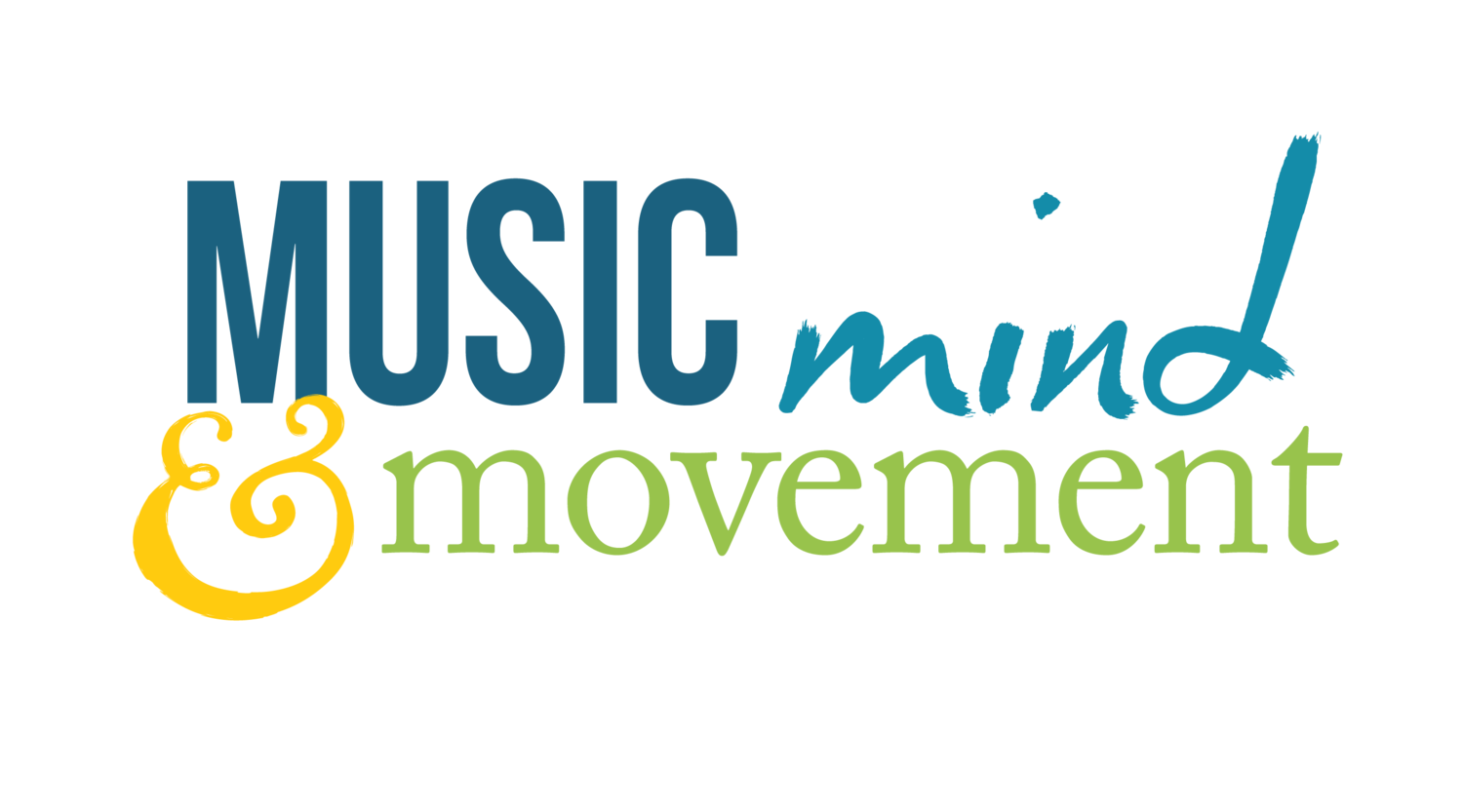ocal vision is associated with increased activation of the sympathetic nervous system (the GO! branch of the autonomic nervous system). This can be a good thing when we need to focus on something specific for a certain period of time since autonomic arousal can boost our ability to pay attention. But if we remain locked in this high-focus mode of visual perception for longer than our nervous system can tolerate, we may experience feelings of stress, anxiety, tunnel vision (or “one-track mind”), and hyper-vigilance. But there’s good news! Panoramic or peripheral vision is associated with a decrease in autonomic arousal, or the activation of the parasympathetic nervous system. This decreased arousal may be experienced feeling safe and calm and with having a broad yet flexible awareness of your surroundings.
All in Self-Regulation
The Window of Tolerance in Practice and Performance
My take is that our playing would get better faster AND we’d be happier, if we got into our windows of tolerance first, and then practiced. In other words, rather than thinking of being in our window as the reward for having accomplished something, we can think of being in our window — feeling alert, grounded, focused, energized, calm — as a pre-condition for accomplishing something.
Interoception, Resilience, and the Window of Tolerance
I use a Window of Tolerance model as a framework for understanding self-regulation. The term “Window of Tolerance” was coined by Dan Siegel (Siegel, 1999) to describe the zone of arousal in which we can handle stressors with relative ease and resilience. When we are operating within our window, it’s not that we don’t experience stress or elevated arousal but that, when we do, we have a feeling of “I’ve got this.” We are able to mobilize the energy and focus we need to complete the task or deal with the stressor in front of us — whether that’s giving a recital performance or simply working through a tough passage in a piece — and then quickly and smoothly return to a state of ease and equilibrium.
Tuning In
The ability to sense our internal experience in an embodied way -- as opposed to thinking about our experience in a conceptual way -- is an important first step in learning to regulate our nervous systems for optimal learning and confident performing. We can't regulate what we can't feel.
More than that, though, if we can learn to sense (and therefore respond to) the subtle signals our bodies are sending us all the time we are less likely to get hijacked by overwhelm.




